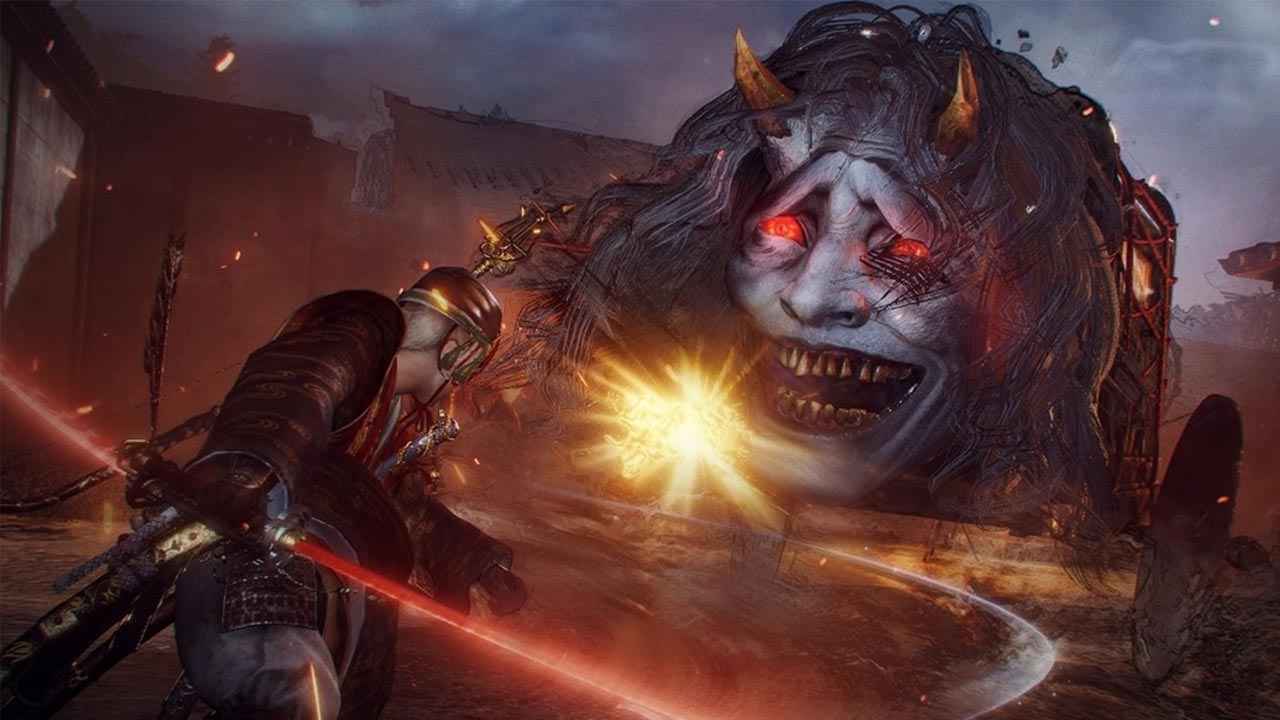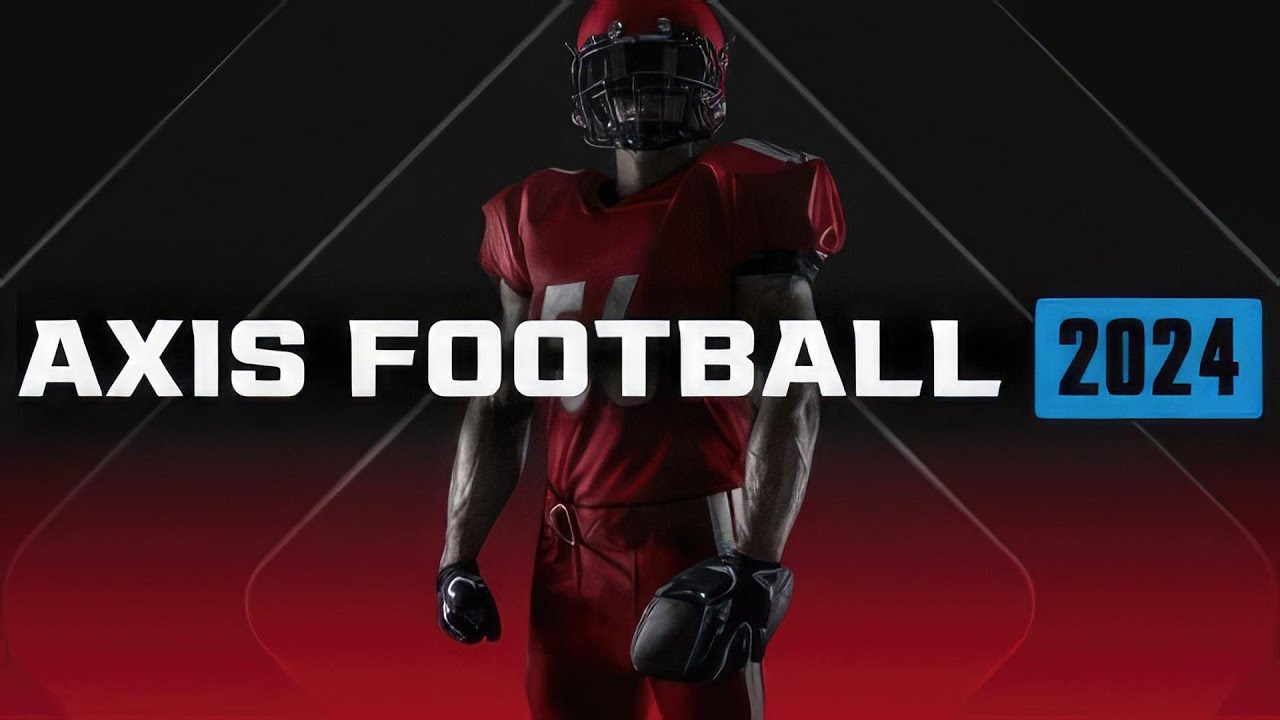Welcome to the comprehensive guide on behaving like an NPC in the world of Deceive Inc! This guide aims to teach you how to seamlessly blend in, identify impostors (rival agents), and catch your opponents off guard.
Overview
- General guidelines for NPC behavior, providing key insights to help you assimilate.
- Advanced analysis of player-like behavior, offering in-depth knowledge for enhanced detection.
- List of actions that NPCs never engage in, serving as red flags to watch out for in yourself and others.
Emulating NPC Behavior: Understanding Different NPC Roles
Successfully impersonating an NPC requires mastery over their mindset, actions, and physicality. The behavior of NPCs varies based on their roles, such as civilians, staff, guards, technicians, and VIPs.
Civilians, who constitute the majority, are relatively easy to blend in with due to their abundance. They can be found in public areas, engaging in conversations, participating in parties, or simply sitting on benches. When confronted by a spy nearby, they either flee or cower in fear. If you’re disguised as a civilian, calmly strolling through a firefight will give you away instantly. To maintain a convincing facade, crouch near panicked civilians to mimic their “cowering in fear” response. This tactic not only helps you blend in during emergencies but also allows you to line up shots on nearby fighting spies. Civilians frequently occupy chairs, benches, and sofas, and occasionally grab drinks, behaviors you can replicate. Remember that civilians never venture into restricted areas. Therefore, if you spot a civilian in a guard room, it’s a definite sign of a spy. Additionally, civilians tend to run around aimlessly, so feel free to run, but be mindful of maintaining natural movement patterns. Civilians wear various colored clothes, excluding blue, green, purple, and gold.
Staff members make for effective disguises since they are numerous and have access to staff rooms. Their behavior closely resembles that of civilians, as they wander around the map, occasionally sitting down. However, staff members have the unique ability to open drawers. If you witness anyone else opening a drawer, they are undoubtedly a player. When staff members enter staff rooms, they open the door smoothly, without any awkward pauses—a clear indication of a player attempting to hack the door. Unlike civilians, staff members can revive any incapacitated NPCs by splashing water on their face. You can replicate this action by crouching near them while disguised as a staff member. Keep in mind that NPCs performing revivals often remain crouched for a few seconds afterward, so be cautious of individuals who stand up immediately, particularly if they revive multiple NPCs rapidly. Staff members react to spies fighting around them similarly to civilians, but they may seek refuge in staff rooms. Staff members always wear green uniforms.
Guards possess distinct characteristics as NPCs. They are a popular choice for impersonation due to their access to guard rooms, making it crucial to be vigilant of suspicious guard behavior. Apart from VIPs, guards are the only NPCs permitted in guard rooms. When encountering fighting spies, guards draw their weapons and pursue any detected intruder. They cease pursuit after losing sight of the spy for a few seconds. If there are active players engaged in combat nearby, attempting to hide as a guard may raise suspicion, especially if your movement deviates from a direct path towards the altercation. Guards never enter vault terminals or technician rooms unless in pursuit of a player, except for a specific room in Operation Hard Sell, which they occasionally traverse to reach another guard room. Guards seldom run unless chasing players, so try to avoid excessive running while disguised as a guard. Be particularly cautious of running guards, as there is a high probability of them being players. Guards can enter staff rooms, but they never open drawers. If you observe a guard doing so, it indicates a player’s presence. Similarly, if you come across open drawers in a guard room, it signifies player interference, as only staff members interact with drawers, and they are not allowed in guard rooms. Guards can be seen sitting on chairs and benches in public areas, staff rooms, and guard rooms. They also frequently stand with their arms crossed outside significant locations—a behavior you can mimic while disguised as a guard. Guards are identifiable by their blue uniforms.
Technicians exclusively inhabit the vault area and exhibit behavior similar to civilians. They run and cower when gunfire erupts, move around the vault area, occasionally sit down, and inspect samples or examine items through microscopes. Technicians never leave the vault area under any circumstances. Therefore, if you encounter a technician outside the vault, it indicates a player’s presence. Apart from these observations, there is little else to note about technicians. They wear white lab coats with purple underclothes.
VIPs possess unique qualities compared to other NPCs. Each map typically features a single VIP, with Operation Silver Reef being an exception with two VIPs. Disguising yourself as a VIP can be risky, as it attracts attention and makes you stand out. Keep an eye out for duplicate VIPs, as encountering two individuals claiming to be Sebastian Garcia signals the presence of a player. VIPs traverse various areas, including public spaces, staff rooms, guard rooms, and even vault terminal rooms. The VIP is the only NPC naturally inclined to enter vault areas, although they rarely venture deep inside, despite having clearance. The package room is the sole location exclusive to VIPs, and no NPC, including the VIP, will ever enter this room. VIPs seldom run unless gunshots occur nearby, so a VIP sprinting across the map is likely a player. VIPs can be identified by their gold or orange attire.
Advanced Indicators of Players: Suspicious Movement Patterns and Quirks
This section explores more advanced aspects that might indicate the presence of rival agents. While these signs do not guarantee someone being a spy, experienced players often notice them as potential clues.
NPC movement appears natural and often lacks purpose. They wander aimlessly, paying little attention to useful items like keycards, intelligence, or ammunition. Utilizing the spyglass gadget enables inconspicuous retrieval of intelligence, as constantly stopping at each intel device in a room may draw suspicion.
NPCs frequently pause momentarily before resuming their movement. They rarely make sudden and drastic changes in direction while walking. Abrupt U-turns indicate suspicious behavior and raise suspicion among observant players. To avoid appearing suspicious, take a few seconds to face the desired direction whenever you need to change course, thereby preventing erratic movements.
NPCs effortlessly walk through doors without requiring any hacking. If someone lingers near a door before proceeding, it could indicate the presence of a player, although it might also be an NPC.
NPCs never pick up items. If an individual passes by a keycard that mysteriously disappears, it implies their role as a spy. Similarly, be cautious if you have recently obtained a keycard, as enemy spies may be on the lookout for you. The absence of items in an ammo box or safe also suggests player involvement.
When NPCs engage in social interactions such as sitting down or tending to plants, they typically dedicate several seconds to these actions. If someone sits down and immediately stands up or cancels the sitting animation, it warrants suspicion to some degree.
NPCs never use health stations or ammo dispensers. Both these devices emit distinctive sounds and display visible indicators when utilized, regardless of whether you are the user or an observer.
Dead Giveaways: Definitive Signs of a Spy
While NPCs occasionally exhibit suspicious behavior, there are certain actions they are incapable of performing. Being aware of these limitations allows you to identify spies and avoid arousing suspicion yourself.
NPCs will never jump under any circumstances. If you witness someone jumping, you can be certain they are a player. Avoid jumping unless necessary to overcome an obstacle, and only do so when you are confident that no one can see you.
NPCs never enter rooms for which they lack security clearance. If you come across a staff member in a guard room, it is a clear indication of a player’s presence. However, there are two exceptions to this rule:
- Madame Xiu’s clone decoys, created when she shifts into a different NPC, behave like NPCs. This may result in, for instance, an NPC guard appearing in a vault technician room. However, they will quickly leave.
NPCs never pick up items, intelligence, or ammunition. If someone walks past an ammo box and it suddenly becomes empty, they are a spy. While it is highly suspicious for someone to visit every intel device in a room, it does not necessarily confirm their identity as a player.
NPCs, if they run, do so in long stretches and do not start and stop repeatedly. If someone runs for short distances, walks for a while, and then starts running again, they are likely a player.


